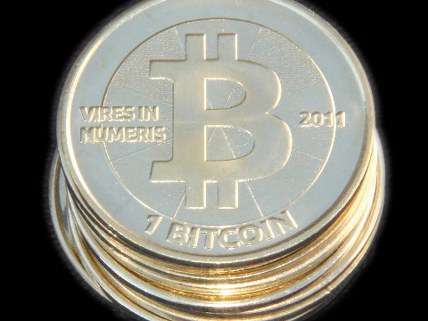Jerry Brito on Bitcoin and Copyright

Bitcoin is at root a decentralized public ledger, and what it allows for the first time is the transfer of digital property from one person to another without the need for a central authority like Redigi. The Bitcoin network allows one to transfer tokens called bitcoins, and to date these tokens have been used to represent money. But there's no reason they could not represent a particular instance of a song or a book or a movie. Particular music files could be associated with a particular user's public Bitcoin addresses and encrypted in such a way that the user's corresponding private key is needed to play the songs. Selling, lending, or giving away a song or a book would be as simple as sending it to someone else's public address. At that point, writes Jerry Brito, only recipient's private keys can unlock the file. And this would all be cryptographically provable, without requiring trust.


Hide Comments (0)
Editor's Note: As of February 29, 2024, commenting privileges on reason.com posts are limited to Reason Plus subscribers. Past commenters are grandfathered in for a temporary period. Subscribe here to preserve your ability to comment. Your Reason Plus subscription also gives you an ad-free version of reason.com, along with full access to the digital edition and archives of Reason magazine. We request that comments be civil and on-topic. We do not moderate or assume any responsibility for comments, which are owned by the readers who post them. Comments do not represent the views of reason.com or Reason Foundation. We reserve the right to delete any comment and ban commenters for any reason at any time. Comments may only be edited within 5 minutes of posting. Report abuses.
Please to post comments
Mute this user?
Ban this user?
Un-ban this user?
Nuke this user?
Un-nuke this user?
Flag this comment?
Un-flag this comment?